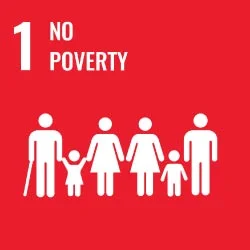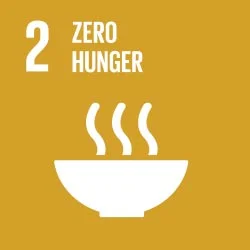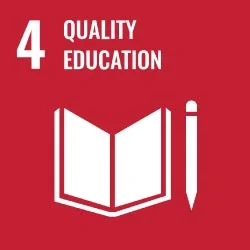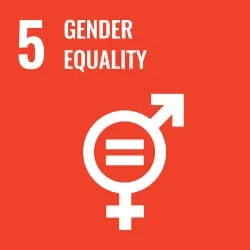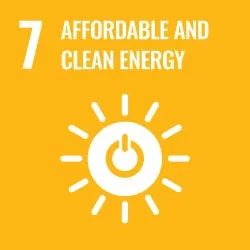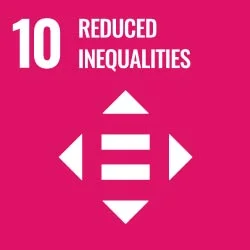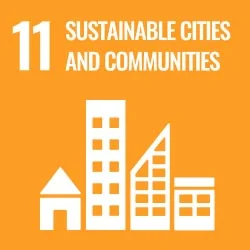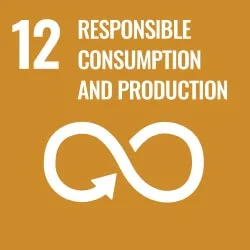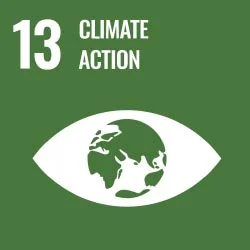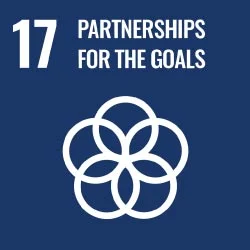Democracy, Climate Justice and Public Education for All Programme, Kajiado County
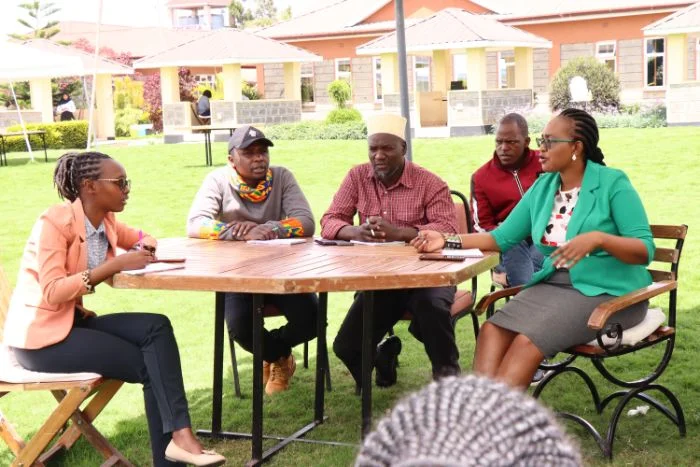
The people of Kajiado County have long been accustomed to periodic drought and famine greatly impacting livelihoods heavily reliant on pastoralism for their sustenance. But when an ever-changing climate is bringing about unprecedented temperatures, altered rainfall patterns, and extreme weather events, their lives and livelihoods continue to be drastically impacted. A decade of grappling with the reality of crop losses, livestock losses, and a high prevalence of pests and diseases, drought and floods became a regular occurrence, wreaking havoc on their livelihoods, leaving communities vulnerable and unable to cope. The County Government of Kajiado’s response measures with limited resources hinder their efforts to cope with the climate menace. Thus, the non-state actors especially at the grassroots level, supporting those who were most affected by the climate crisis are an essential component in response to the climate crisis, and strengthening their capacity to advocate for climate justice and climate finance would directly benefit the most vulnerable in society.
Arid Lands Information Network (ALIN) with support from Oxfam, has been working to strengthen Civil Society Organisations Engagement with the County Government of Kajiado on Climate Justice and Climate Finance to ensure the effective influence of the county priorities on climate action and hold the county government accountable in implementing climate conscious and responsible fiscal policies that benefit the ward level. Already, Civil Society Organisations have engaged the County Government of Kajiado on the County Integrated Development Plan 2023-2027 and presented a Joint CSO submission during the Public Consultative Forum for the Preparation of the 2023-2027 County Integrated Development Plan (CIDP). This is a step closer to realizing ALIN’s many goals in achieving climate justice for “Democracy, climate justice, and public education for all in Kenya,” supported by Oxfam and a green economy advocated by women, young people, and civil society alliances that achieve sustainable, gender transformative and equitable socioeconomic futures for communities in Kajiado.



